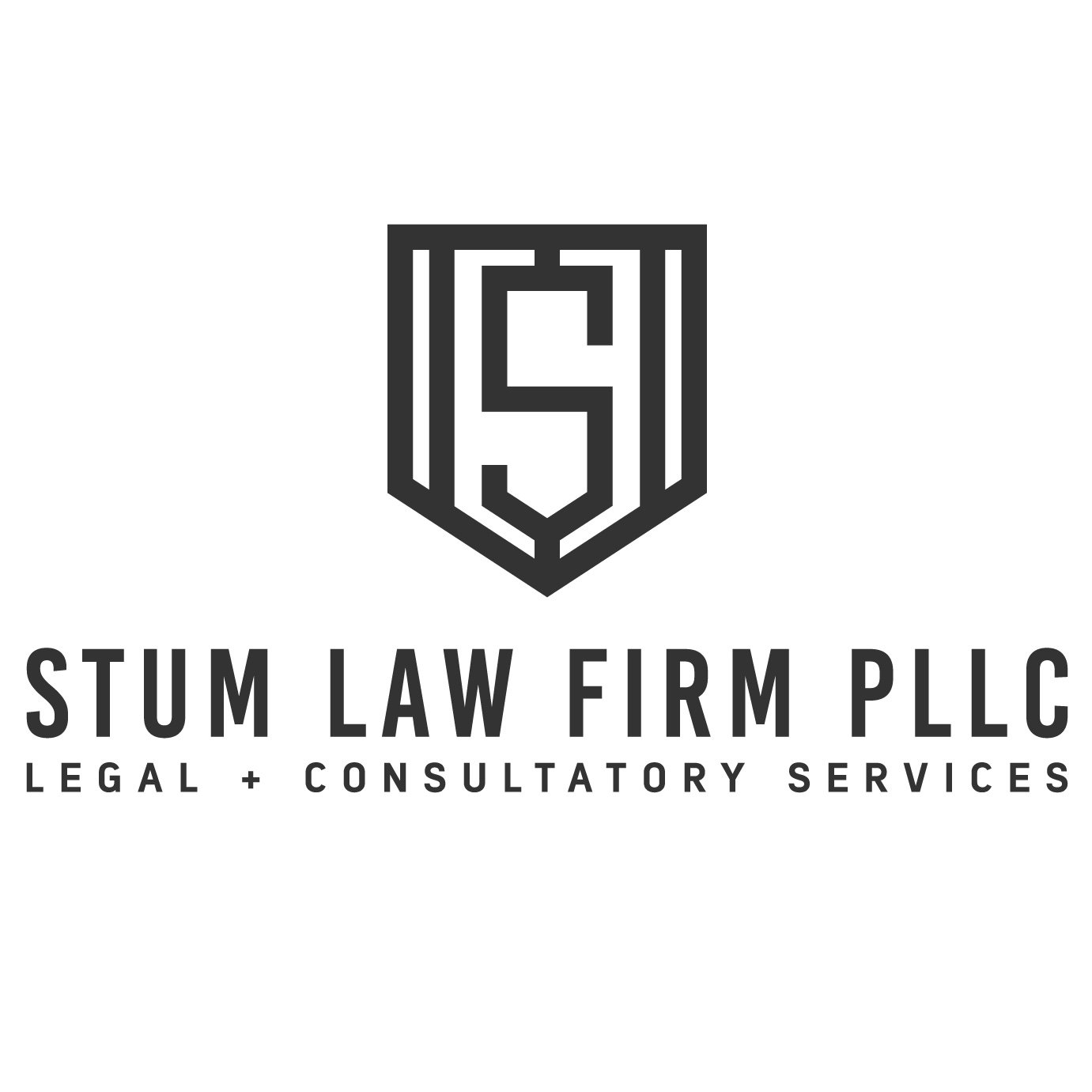Introduction
Are you a Landlord in Texas and just received notice that your Tenant filed for Bankruptcy? Are you wondering what you may do or if you even have a right to collect past-due rent or rent that is coming due? Take a deep breath - you do have rights; however, your rights will require strict adherence to Federal and State Laws for you to be paid expeditiously, and to procure your rights as a Creditor in their Bankruptcy Plan.
The Hypothetical Facts
You have a lease property and you properly screened your Tenants. Y’all sign the Lease (or it’s an Oral Lease) and Payments were remitted timely until recently.
Then you get the Notice of the Bankruptcy Filing and the Tenant(s) are still in your rental without paying rent. Stop right there and DO NOT take any action without consulting with an experienced Real Estate or Landlord-Tenant Lawyer to ensure you do not violate any Federal Laws that are in-place for the Debtor(s) commencing at the inception of the Bankruptcy Filing. It’s called the 90-Day Automatic Stay and violating it can result in severe penalties to Creditors contacting Debtors during this lawful Stay. It’s automatic and places all Creditors on Notice that no collections on debt owed and accrued pre-filing may be sought. However, the Stay does not protect the Debtor(s) from what is deemed Post-Petition Debt (debt accrued after the Filing). Such debt is collectible per State Statute or per the Lease Agreement unless it is silent as to those remedies or rights. For the purposes of this Article, we will bypass the process of collecting past-due rent and the Notices that are required to be strictly followed by Landlords in Texas.
The next advised step would be to consult with a well-qualified lawyer to ensure you do not waste time, miss deadlines, or what we all want to avoid in this scenario - loss of rental monies and collection thereof. Yet, at your election, you may represent your interest as a Creditor to the Bankruptcy by appearing and filing all documents via Pro Se. In any event, you will want to gather all evidence of the Pre-Petition Debt and submit that evidence with the total outstanding in a Proof-of-Claim to the designated Trustee overseeing the Bankruptcy Case and the Debtor(s) Attorney, if they are represented by Counsel. It is extremely important to file a Proof or Claim to secure your name on the Matrix of Creditors in the Plan. That being said, there are more laws and rules that apply to your Priority in that List based on whether or not the debt is secured or unsecured. For the purposes of this Article, we will bypass the discussion of secured versus unsecured creditors. Additionally, it is extremely important to note that if your Tenant(s) are represented by counsel, you must NOT contact them directly regarding collection of the Pre-Petition Debt. Strong penalties may be imposed by the Federal Court for such contact. You may however contact their Attorney directly.
Further discussion regarding your rights in the Bankruptcy Plan will be addressed in another Article, but for purposes of this Article, we will discuss what rights and remedies you have to collect Post-Petition Debt from a Tenant that has not paid since the Petition Filing. This debt is collectible and enforceable, but you must first get the Federal Court’s Permission to pursue the Tenant(s) in a State Court of proper jurisdiction during the 90-Day Automatic Stay. In our most recent case, our Firm appeared Pro Hac Vice and won the Motion on Lifting the Automatic Stay so that we may proceed with collections of Post-Petition Debt and Eviction in State Court.
Conclusion
In sum, Landlords have legal rights that are enforceable under Contract or by Statute. The most important aspect of those rights and remedies is adhering to the deadlines set forth therein and avoiding technical errors that may adversely affect the timely enforcement of those rights and remedies.
By: Brad S. Stum, Attorney at Law
We are Personable. We are Skillfully Trained. We are Here for You.
STUM LAW FIRM, PLLC

